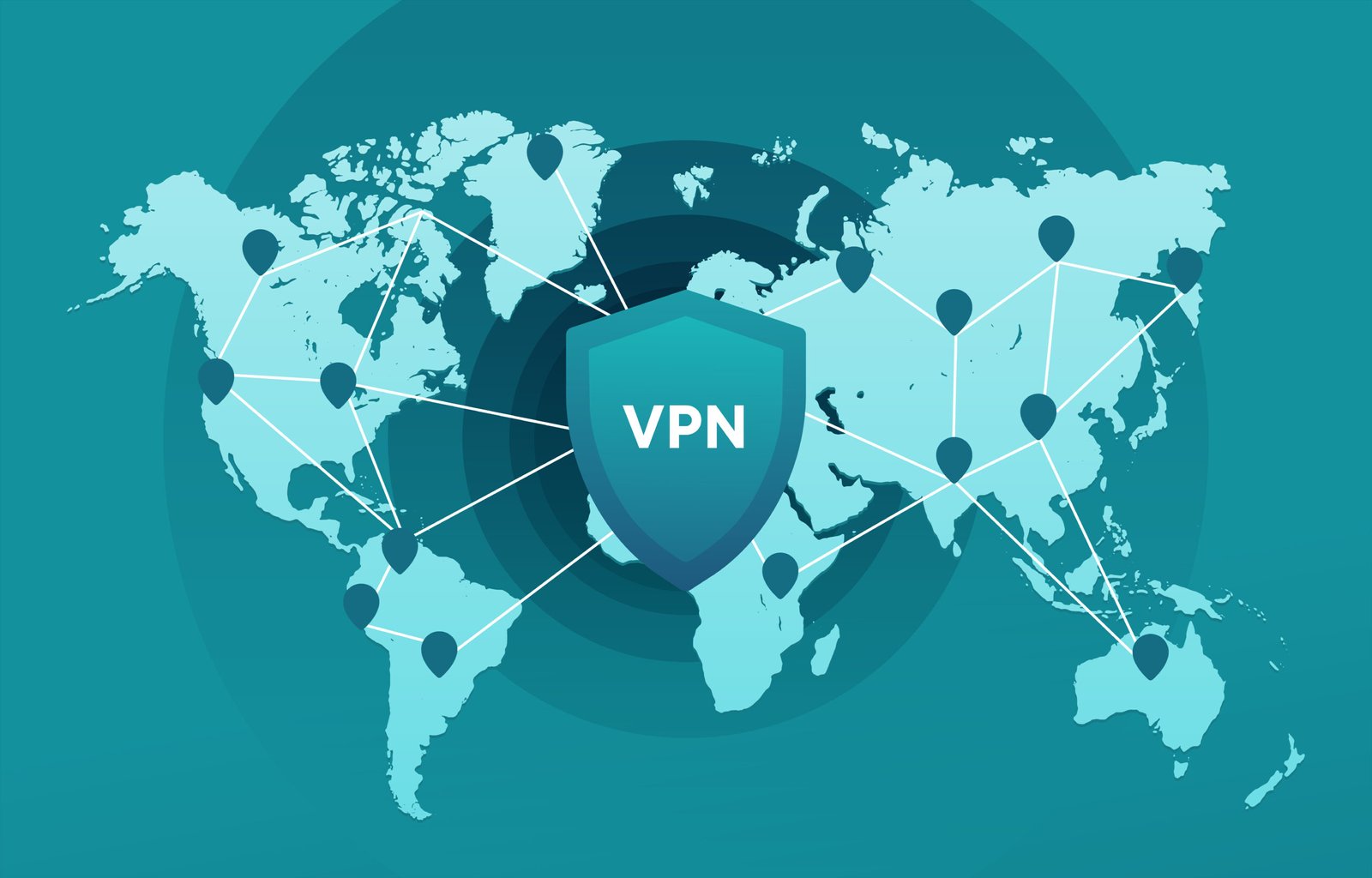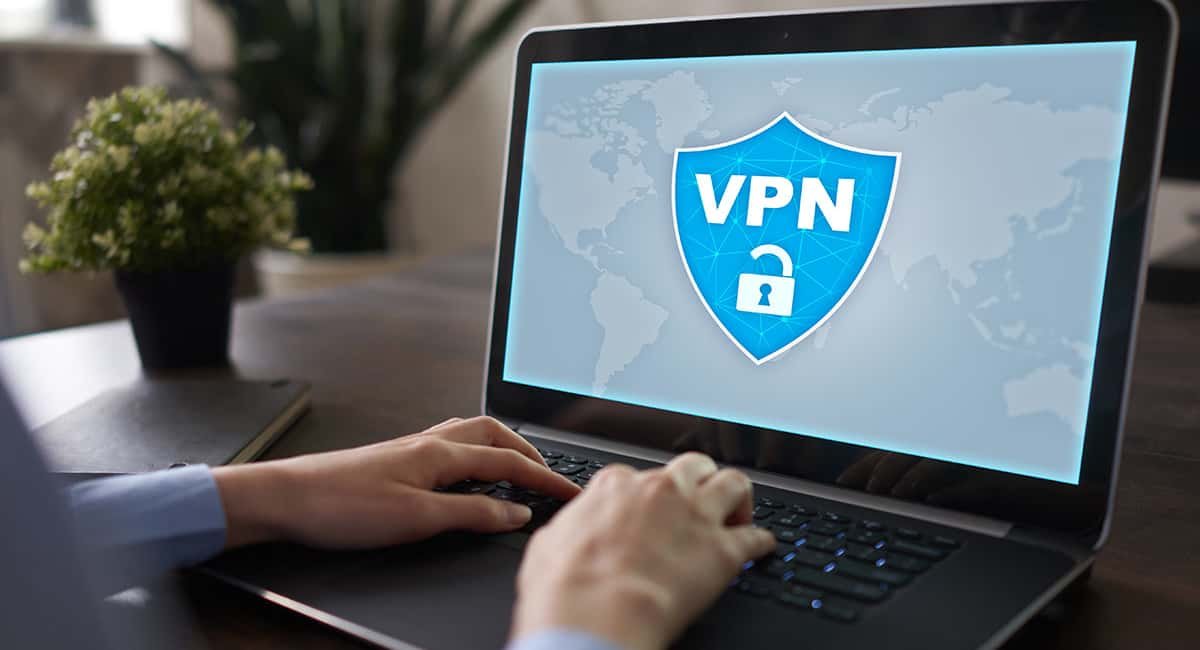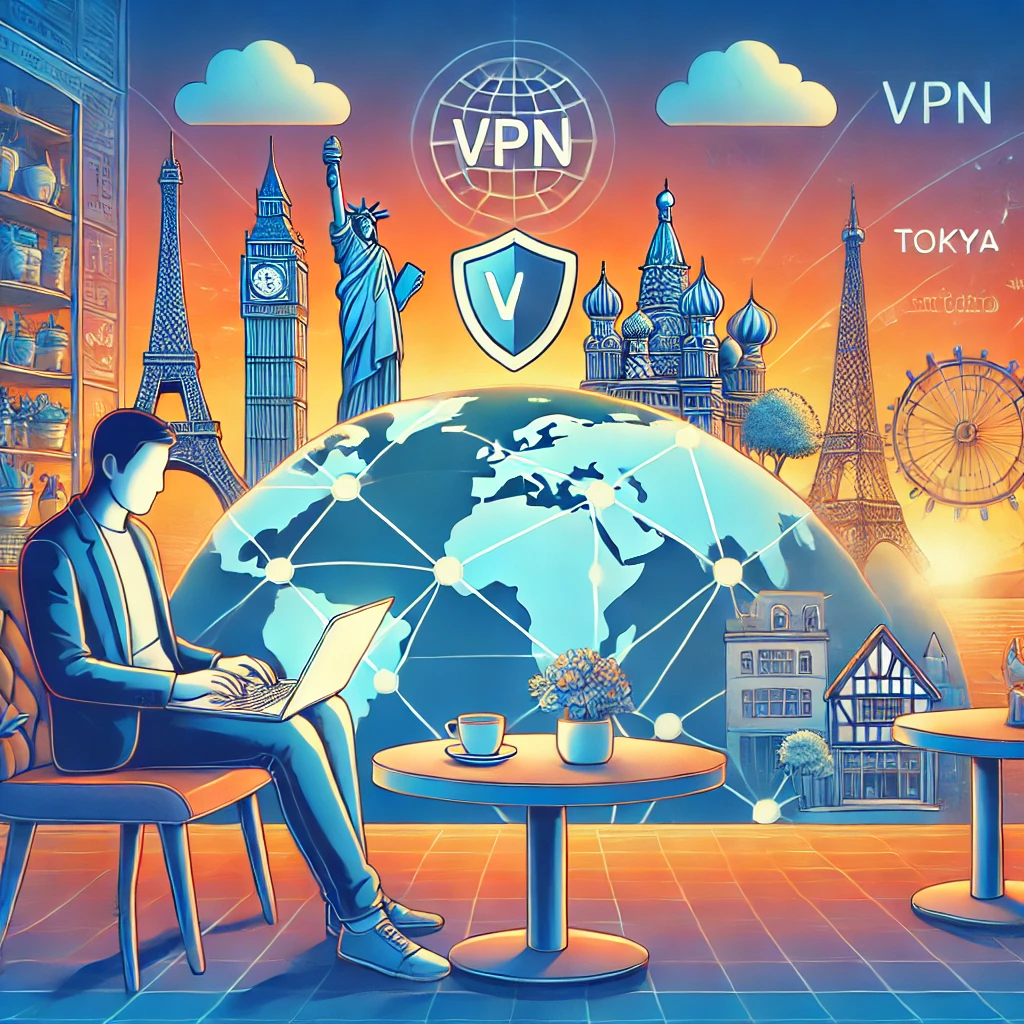In today’s interconnected world, protecting your digital privacy and security has never been more important. Cyber threats are on the rise, and with data breaches becoming increasingly common, individuals and businesses alike are seeking reliable solutions to safeguard their sensitive information. One such solution is a Virtual Private Network, commonly known as a VPN. But what exactly is a VPN, and why should you consider using one?
Understanding VPNs: The Basics
A VPN is a service that creates a secure, encrypted connection between your device and the internet. When you use a VPN, your internet traffic is routed through an encrypted tunnel, hiding your online activities from prying eyes such as hackers, internet service providers (ISPs), and even government agencies.
Instead of directly connecting to websites or online services, your device first connects to a VPN server, which then forwards your request to the destination. This process masks your real IP address, making it appear as though you are browsing from a different location.
How Does a VPN Work?
Here’s a simple breakdown of what happens when you connect to a VPN:
- Encryption: All data sent between your device and the VPN server is encrypted, ensuring that sensitive information such as passwords, banking details, and personal messages remain secure.
- IP Masking: Your real IP address is hidden, and websites see the VPN server’s IP address instead. This helps protect your identity online.
- Secure Connection: A VPN establishes a private, secure tunnel for your internet traffic, preventing unauthorized access.
Why Should You Use a VPN?
1. Protecting Your Privacy and Data Security
One of the primary benefits of using a VPN is safeguarding your personal information. Whether you’re browsing at home or using public Wi-Fi, a VPN encrypts your data, making it nearly impossible for hackers to intercept.
2. Bypassing Geo-Restrictions
Many websites, streaming platforms, and online services restrict access based on your location. With a VPN, you can connect to servers in different countries, allowing you to access content that may be blocked or limited in your region.
3. Safer Public Wi-Fi Usage
Public Wi-Fi networks, like those in cafes, airports, or hotels, are often unsecured and a prime target for cybercriminals. A VPN adds a critical layer of security, keeping your data safe even on untrusted networks.
4. Preventing ISP Tracking
Your ISP may track your browsing activities and even sell that data to advertisers. By using a VPN, you can stop your ISP from monitoring your online behavior.
5. Enhanced Online Freedom
In regions with strict internet censorship, a VPN can help bypass government-imposed restrictions, providing access to a freer and more open internet.
When Should You Use a VPN?
- Traveling: Protect your data when connecting to hotel or airport Wi-Fi.
- Remote Work: Securely access company resources from anywhere.
- Streaming: Watch shows and movies unavailable in your region.
- Everyday Browsing: Maintain your privacy during routine online activities.
Choosing the Right VPN
When selecting a VPN, consider factors such as:
- Security features: Look for strong encryption protocols and a no-logs policy.
- Speed: Ensure the VPN offers fast and reliable connections.
- Device compatibility: Choose a service that works across multiple platforms.
- Server locations: More server options mean greater flexibility for accessing content.
Final Thoughts
A VPN is a powerful tool for anyone looking to enhance their online security and privacy. Whether you’re concerned about hackers, government surveillance, or simply want unrestricted access to the internet, a reliable VPN can make your online experience safer and more secure.
If you’re ready to take control of your digital privacy, consider using The Gadfly Voice VPN — a solution designed to offer you top-tier security, fast connections, and peace of mind in the digital age.




